You’ve probably heard plenty about the importance of probiotics for maintaining your own gut health.…
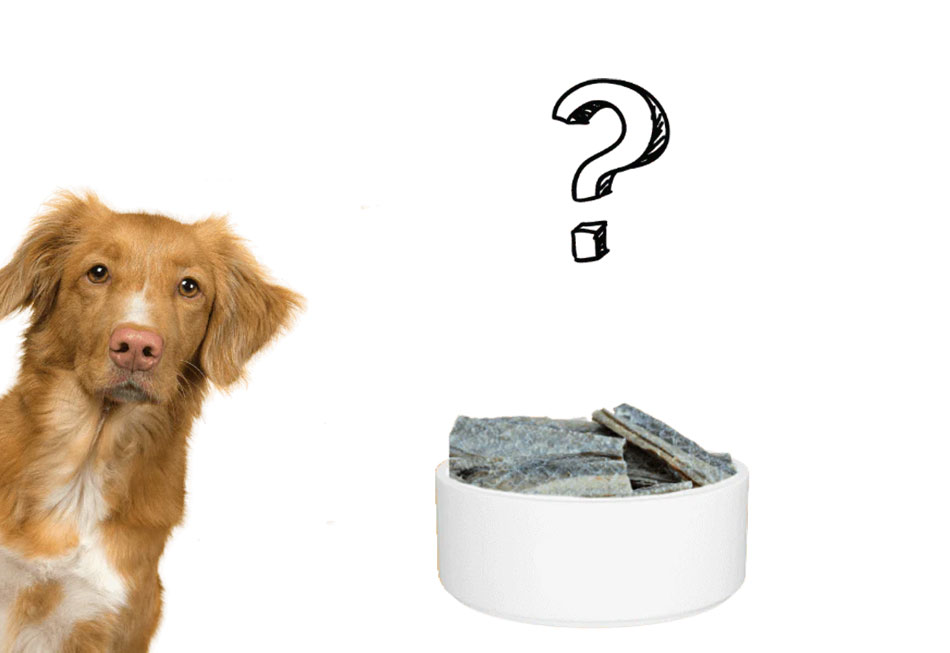
Best Fish Treats For Dogs
Nutritionists have long touted the health benefits of fish oil for humans, but did you know that dogs can reap most of the same rewards?
From healthier skin to a stronger immune system to better brain function—fish oil is linked to a wide range of positive effects. And the primary source of these benefits is omega-3 fatty acids, an essential nutrient for your dog.
Freeze Dry Australia specialises in healthy pet foods that are preserved using a freeze drying method designed to maximise nutritional value. In this post, we want to show you some of the best fish treats for dogs that you can use to get more omega-3 in your pup’s diet.
Contents:
- Benefits of Feeding Your Dog Fish
- Adding Fish into Your Dog’s Diet
- Does Freeze Drying Remove Omega-3?
- What Can I Give My Dog for Omega-3?
- Fish Oil Supplements & Correct Dosage
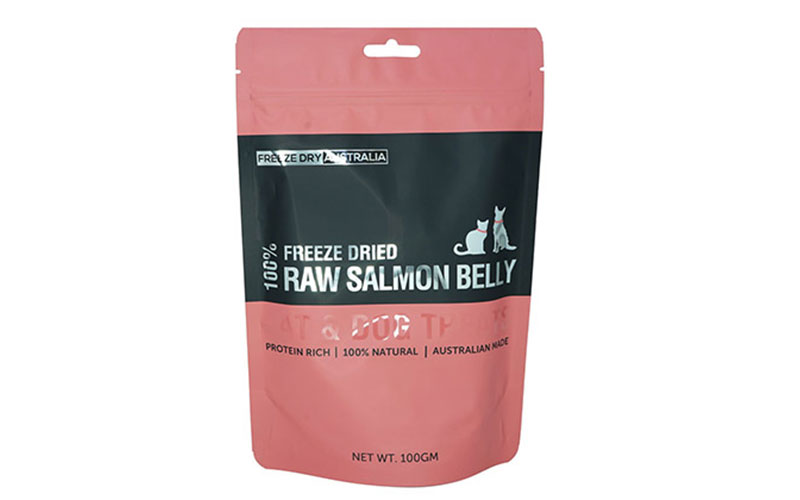
Benefits of Feeding Your Dog Fish
Let’s start with a closer look at exactly how all of those extra omega-3s in fish oil treats for dogs will benefit your furry friend.
Healthier Skin
Omega-3s promote skin health for dogs in a variety of ways. First, they can make the skin barrier itself stronger. This protects your pup against everything from ultraviolet rays to environmental irritants.
Additionally, omega-3 fatty acids are known to reduce inflammation and increase hydration of the skin. If your dog suffers from dry or itchy skin, flakiness or excessive shedding, more fish in the diet could help alleviate these conditions.
Unsaturated omega-3 fatty acids, especially docosahexaenoic acid (DHA), when fed to dogs improves cognitive and neurological development. – Ncbi.nlm.nih.gov
Shiny Coat
Many of the benefits to your dog’s skin will also carry over to their fur too. For starters, since dry skin can lead to hair loss, healthier skin makes for thicker fur. Furthermore, fatty acids actually promote growth in your dog’s coat.
Finally, omega-3s are responsible for the production of sebum. Sebum is an oil that is secreted by your dog’s skin. Among other functions, it defends your dog’s coat from damage and helps it retain moisture.
Fish oil supports your dog’s heart health, promotes a silky coat, reduces itchy and flaky skin. – akc.org
Boosted Immune Response
A key part of any dog’s immune system is inflammation. While inflammation can be a healthy (albeit painful) immune response, it can lead to infections and tissue damage if it persists for too long. Two specific types of omega-3 fatty acids, EPA and DHA, are proven to help mediate inflammation so that healing can start earlier and progress faster.
In addition to omega-3s, many fish treats also contain vitamins A and B, iron, selenium, zinc and iodine—all of which contribute to a healthy, well-functioning immune system in dogs.
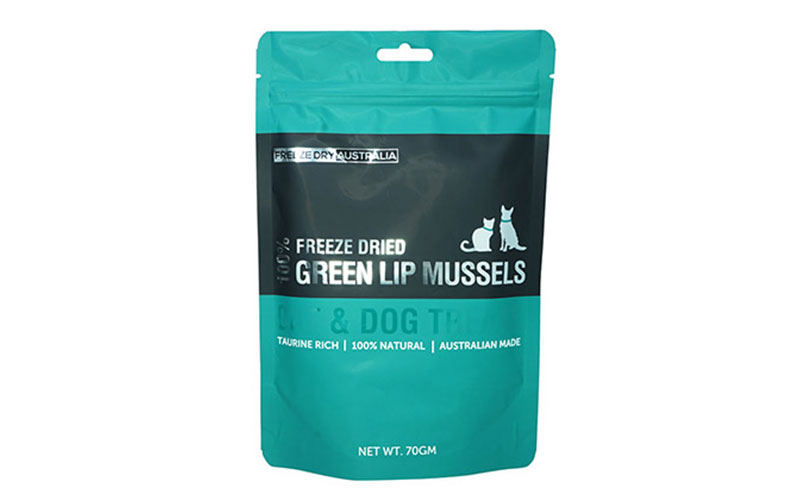
Healthier Joints
As your dog ages, the anti-inflammatory nutrients in fish will become even more important to living a happy life. It is common for older dogs to get arthritis, and the inflamed joints that come with age can be painful. Omega-3s and other anti-inflammatories can go a long way to reducing joint pain, enhancing mobility and providing overall increased quality of life.
Improved Vision
DHA fatty acids are strongly concentrated in the retina. As a result, they are essential for proper eye function. Not only do they help maintain the integrity of photoreceptors, but a lack of DHA is correlated with glaucoma and other conditions of the eye.
While fish is a healthy meat for dogs, not all fish types are great for your pup to eat. – A-z-animals.com
Better Cognitive Function
Last, but certainly not least, your dog’s brain will function better thanks to the omega-3s found in healthy fish treats. The brain is the control center of the rest of the body, so a healthier brain means a healthier pooch overall.
Specifically, brain cells that are supported with high levels of omega-3s are better at communicating with cells in other organ systems. Although the research on dogs is limited, in humans these fatty acids are known to improve memory, enhance learning and fight off the effects of Alzheimer’s.
Adding Fish into Your Dog’s Diet
Omega-3 fatty acids are an essential nutrient. This means that your pup can’t synthesize them on their own from other elements in their body. They have to consume them from an outside source.
While fish aren’t the only way to get omega-3s, they are a very rich source. And, as an added benefit, dogs tend to love fish. So adding fish into your dog’s diet is a simple way to ensure they are getting enough of what they need to be healthy.
Freeze dried fish treats for dogs make it easy to give them a few servings of omega-3 fatty acids every week without upending their diet or switching to a completely new dog food. Here are some of the most common questions that pet parents ask when trying to integrate more fish into their dog’s diet.
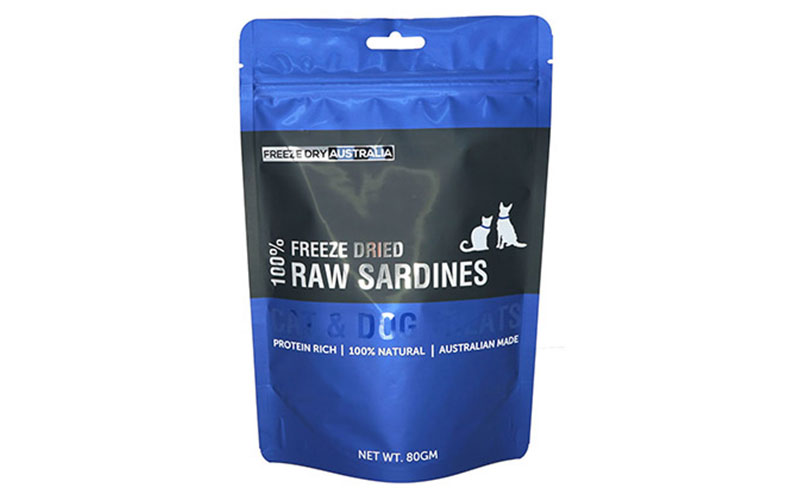
Does freeze drying remove omega-3?
All forms of preservation will remove some nutritional value. However, freeze drying is the best way to maintain as many nutrients as possible. In fact, one study found that microencapsulated fish oil preserved using freeze drying was resistant to oxidation, and thus had a better shelf life.
The only way to ensure maximum nutritional value is by serving your dog fresh fish. However, for most pet owners, this is too inconvenient to keep up with. That’s why fish pet treats are an ideal way to get your dog more fish with less work.
Can dogs have sardines?
Yes! Sardines are actually one of the better types of fish for dogs to eat. They are small, tasty and rich in all of the nutrients you want in a good fish treat.
One or two freeze dried whole sardines are a great way to reward your pup or greet them when you come home from work. Not only will you get their tail wagging, but you’ll be providing a healthy dose of omega-3s, selenium, calcium, phosphorus and vitamins B3, B12 and D.
Furthermore, if one of your concerns about feeding dogs fish is related to mercury levels, you should know that sardines are very low on the food chain. This means they aren’t likely to consume other fish that are high in mercury.
Always check with your veterinarian first before giving your dog any new foods, especially “people foods.” What might be OK for one dog might not be good for your dog, depending on multiple factors, such as their age, health history, health conditions, and diet. Dogs on prescription diets should not be fed any food or treats outside the diet. – Petmd.com
What Can I Give My Dog for Omega-3?
If you are ready to add more fish into your dog’s diet, here are some of the most common ways to help them get more omega-3 fatty acids.
Fish Oil Supplements
Fish oil supplements come in a variety of forms. Capsules are fed directly to your pup. These can be quick and easy if your dog is up for them. If the dog is resistant to swallowing pill-like objects, you might want to try one of the liquid forms.
Fish oil droplets are highly concentrated so you don’t have to get your dog to take quite as much. You can also get a lower concentration liquid supplement that is basically mixed into your dog’s regular food. The only issue there is that you have a little less control over dosage if your pup doesn’t empty the bowl.
Important Note: You should not give your dog a human fish oil supplement. Choose a trusted brand with dosage and ingredients formulated specifically for canine digestive systems. When in doubt, be sure to consult with your vet.
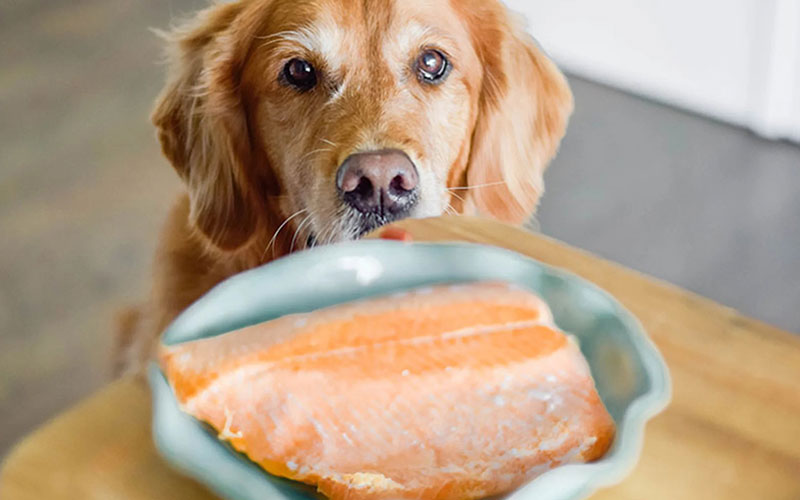

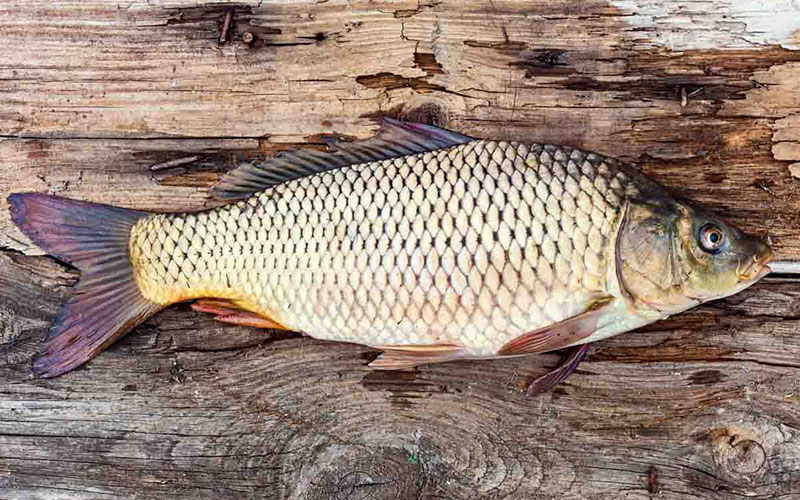



This Post Has 0 Comments